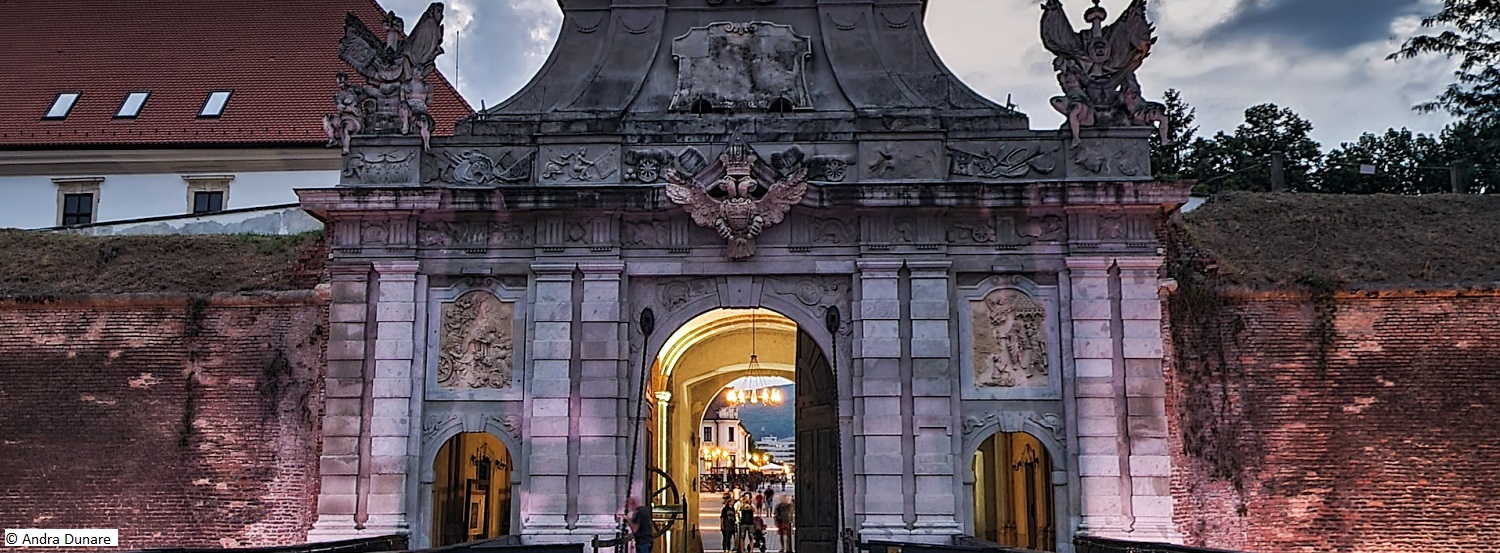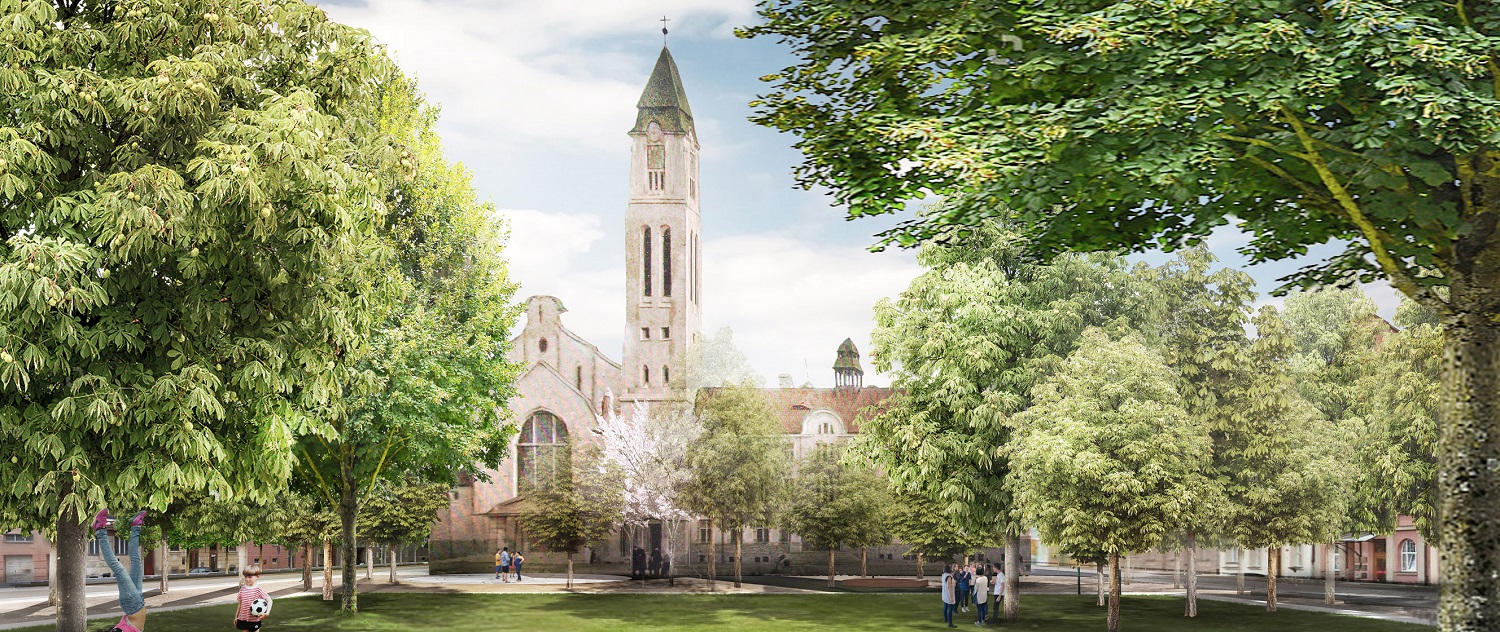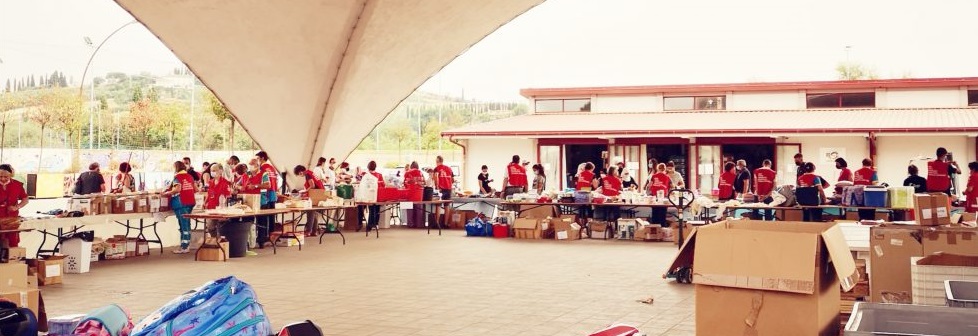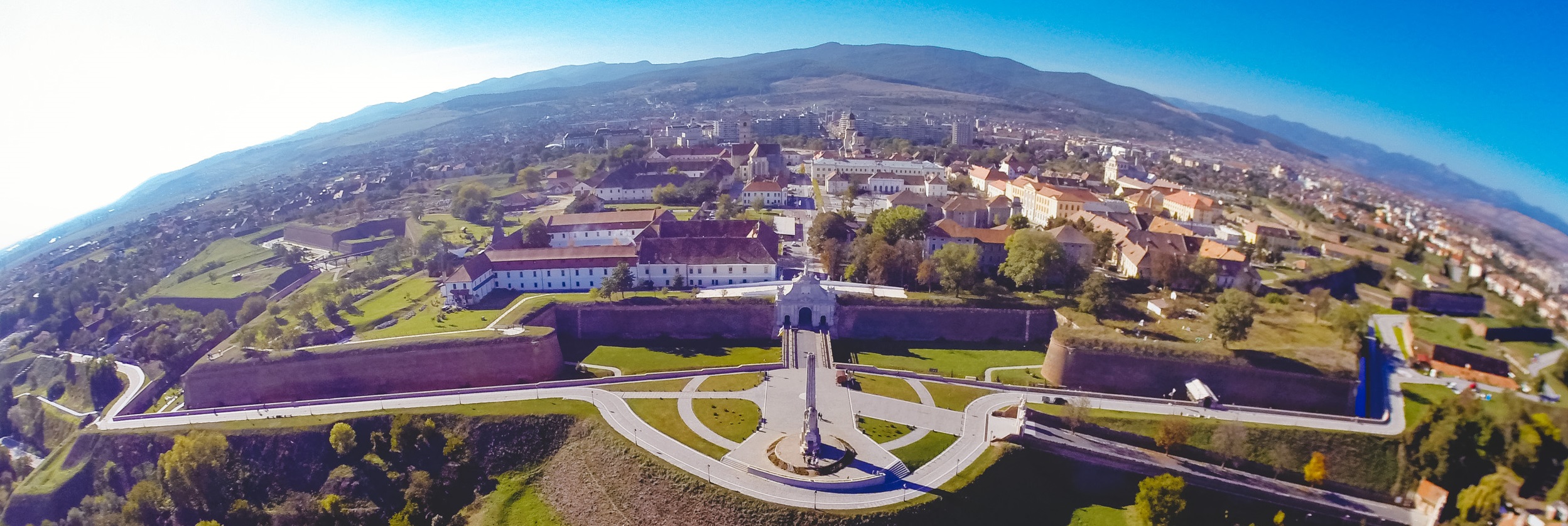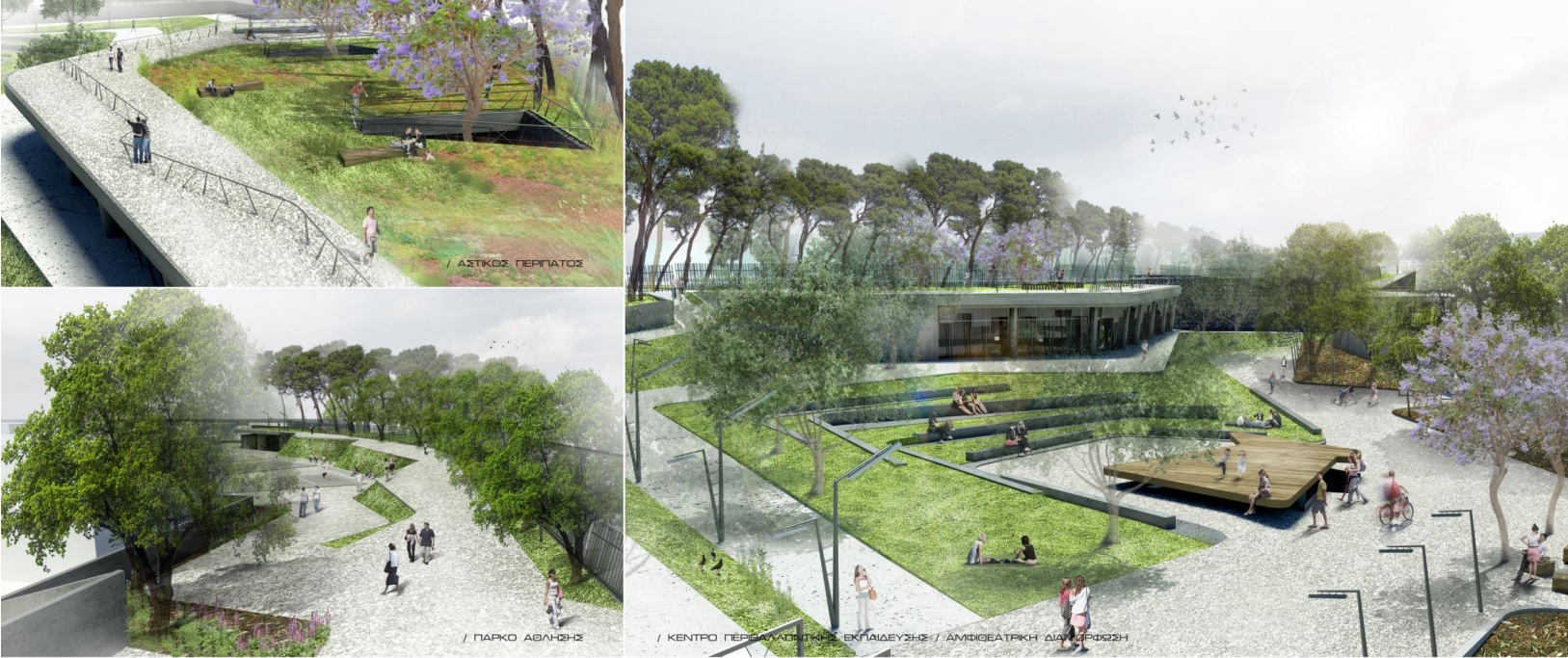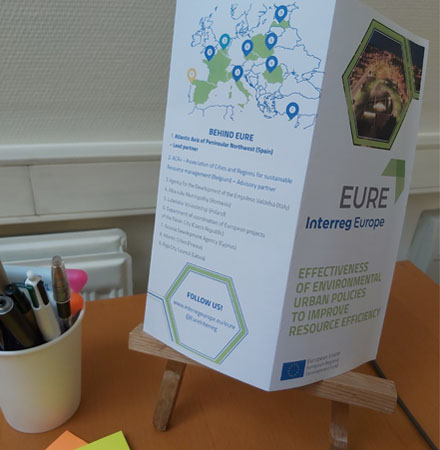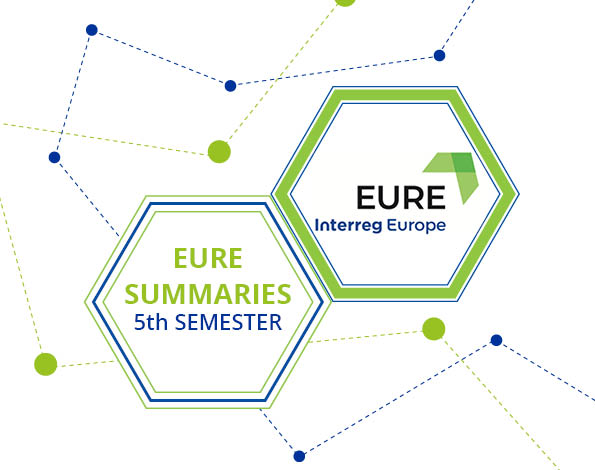On 19-20 November 2019, the second meeting of the EURE project took place in Brest, hosted by Atlantic Cities, the French partner of EURE. In addition to reviewing the actions to be implemented in the coming months, project partners and a pool of selected experts started working on one of the first outcomes of EURE: a joint report detailing how the funds allocated by article 7 of the European Regional Development Fund Regulation are being used on partners’ territories. This catalogue of policies, actions, good practices, and recommendations will be fed by regional reports describing the state of play of the urban environmental policy instruments in each territory covered by EURE. In addition to defining a common structure for the regional reports, participants of the meeting highlighted urban issues to be tackled by the project. The identified topics, which will be adapted to the priorities of each territory, cover waste and water management, sustainable mobility, cooperation between local authorities within the same regions and social issues.
This meeting was also the opportunity for the EURE partners to better apprehend the urban issues identified as central in the sustainable development of the Brittany region. Energy transition was in particular highlighted, with efforts being made on increasing the share of renewable energies and reducing the carbon footprint of both public and private buildings. A study visit was included in the meeting to show solutions developed to face these challenges. Namely, a large urban renewal operation at the “Capucins” eco-neighbourhood, the Technopole Brest-Iroise and the biomass boiler in the Spernot area. In this way, local stakeholders could also take part in the exchange process and share their experiences with the EURE project.
At the end of the two days, all participants concluded that small and low populated cities have a central role to play at European level to solve the new urban challenges requiring the investigation of innovative strategies of sustainable development. For that, collaboration is fundamental, not only to improve local urban policies but also to get the attention that low populated urban areas deserve from European bodies when it comes to environmental management and improved resource efficiency.
More information are available on the event page.



